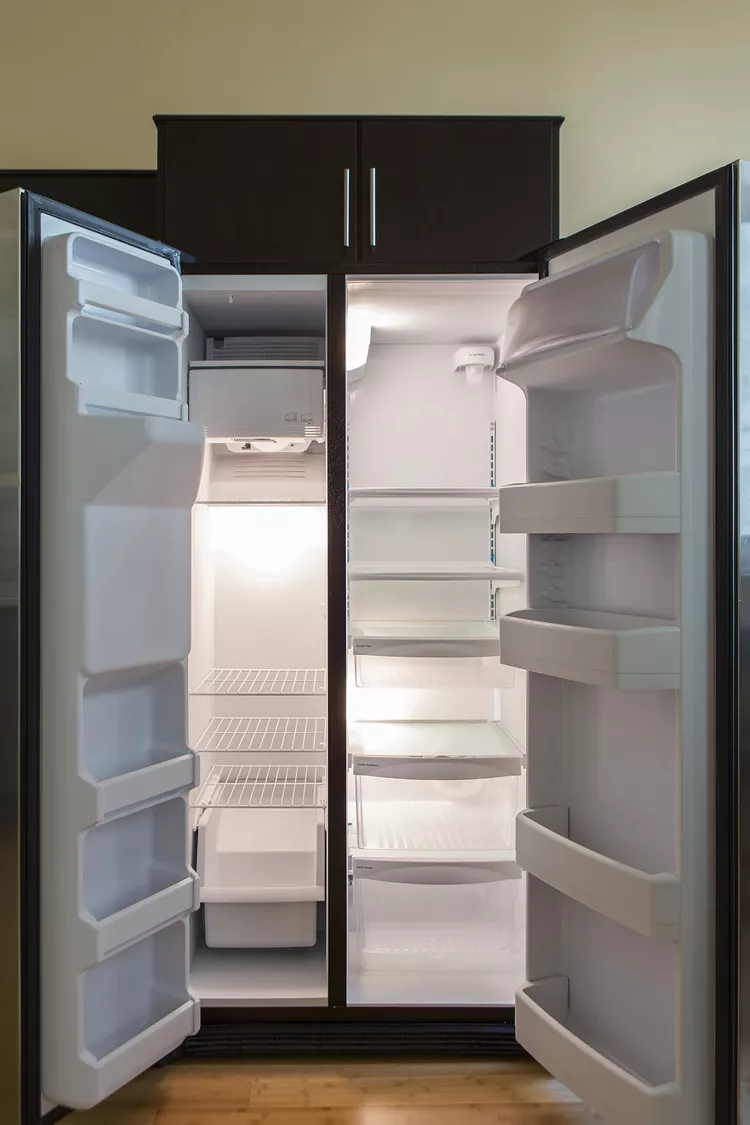Description
This guide provides comprehensive instructions on whether to refrigerate or freeze various food items, explaining the reasoning behind each recommendation and offering tips for proper food storage to maintain quality and safety.

Instructions
1.
Foods That Must Be Refrigerated:
Luncheon meats: Store unopened packages until the stamped date; consume opened packages within five days. Milk: Always store fresh milk in the refrigerator. Eggs: Do not store eggs in the refrigerator door; follow use-by dates for pasteurized eggs. Cheese: Wrap all cheeses tightly and refrigerate. Fresh meats (including seafood): Refrigerate immediately after purchase, wrap securely, and use within three to five days for whole meats, or one to two days for ground meat. Store raw meats below foods that will be eaten uncooked. Bacon and sausage: Refrigerate both unopened and opened packages (unless shelf-stable). Canned ham: Most can be stored in the pantry before opening; check the label. Marinating foods: Always marinate foods in the refrigerator. Defrosting foods: Defrost perishable foods in the refrigerator, never at room temperature. Fruits: Wrap well and refrigerate; do not wash before storing. Vegetables: Refrigerate all vegetables except potatoes and onions. Doughs: Store all dough products in the refrigerator. Baked products with cream or custard fillings: Wrap well and refrigerate cakes, pies, bread, coffee cakes, and cookies. Butter: Refrigerate in its original packaging. Leafy greens: Store in plastic bags in the refrigerator. Opened packaged foods: Refrigerate any canned, jarred, or packaged food that the label instructs to refrigerate after opening.
2.
Foods That Should Not Be Chilled:
Potatoes and sweet potatoes: Chilling converts their starches to sugars, affecting taste. Store separately from onions. Canned parmesan cheese: Do not refrigerate, even after opening, unless the label states otherwise. Honey: Refrigeration causes honey to thicken and crystallize; place in hot water to restore consistency. Oils (except nut oils): Most oils thicken and turn cloudy; nut oils should be refrigerated to prevent rancidity. Baked cookies: Unless they have cream or custard fillings, refrigerating makes them stale faster. Peanut butter: Most ordinary brands can be stored in the pantry; check labels for specific storage instructions. Tomatoes: Cold temperatures break down their cell structure, resulting in a mushy texture. Bread: Refrigeration causes starch to change structure, making bread tougher and lose moisture faster. Chocolate: Cold temperatures and condensation can cause sugar bloom; store in a cool cupboard. Onions: Store in a cool, dry place away from potatoes.
3.
Foods That Must Be Frozen:
Frozen pasta, meats, breakfast items, frozen juices, frozen pizzas, and frozen poultry and seafood should remain in the freezer until ready for use. Ingredients for casseroles can be frozen in individual packets. * Meats intended for storage longer than a few days must be frozen, wrapped securely, labeled, and used within three months.